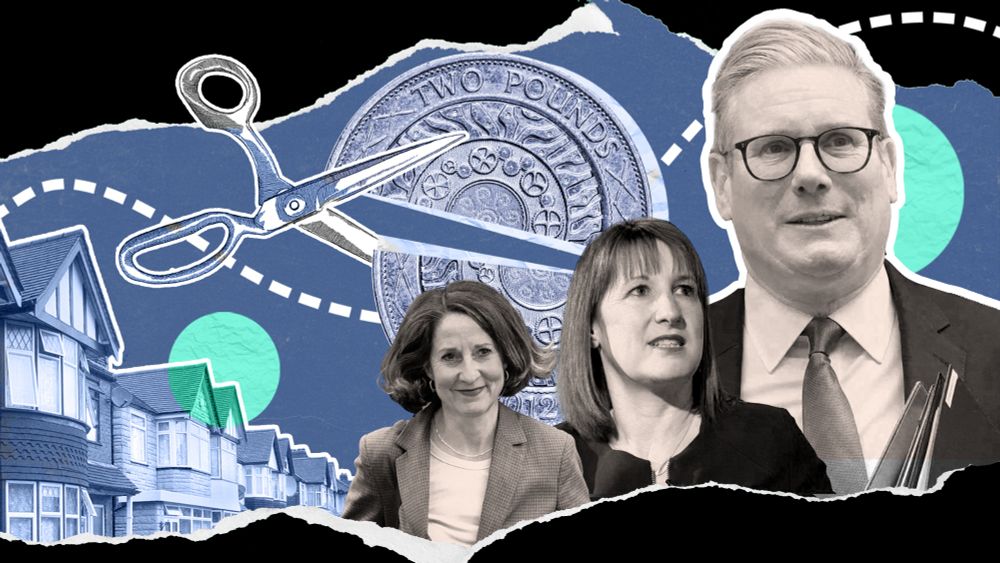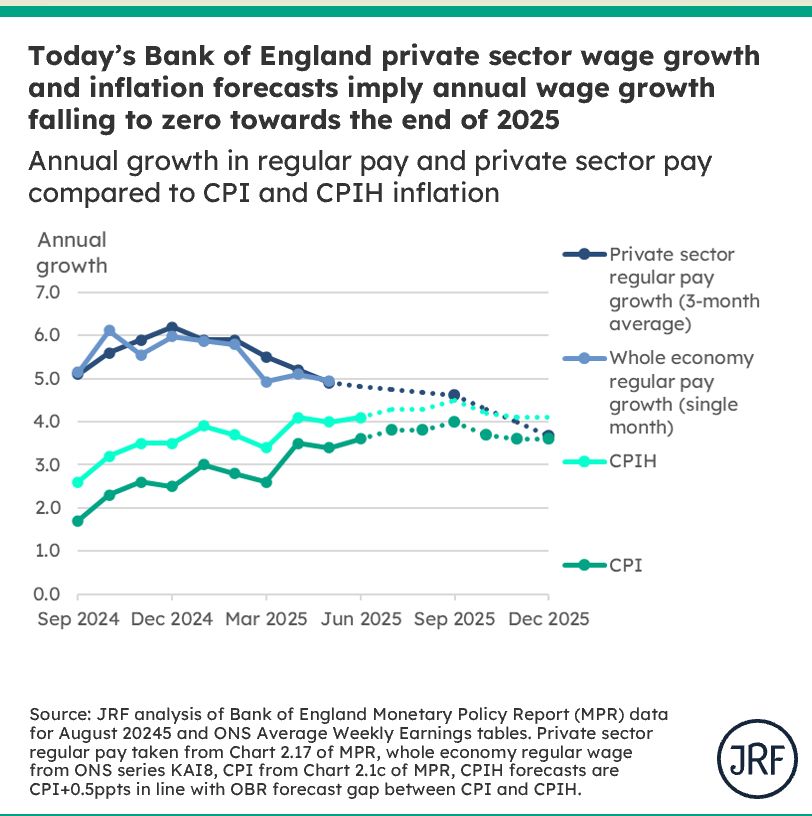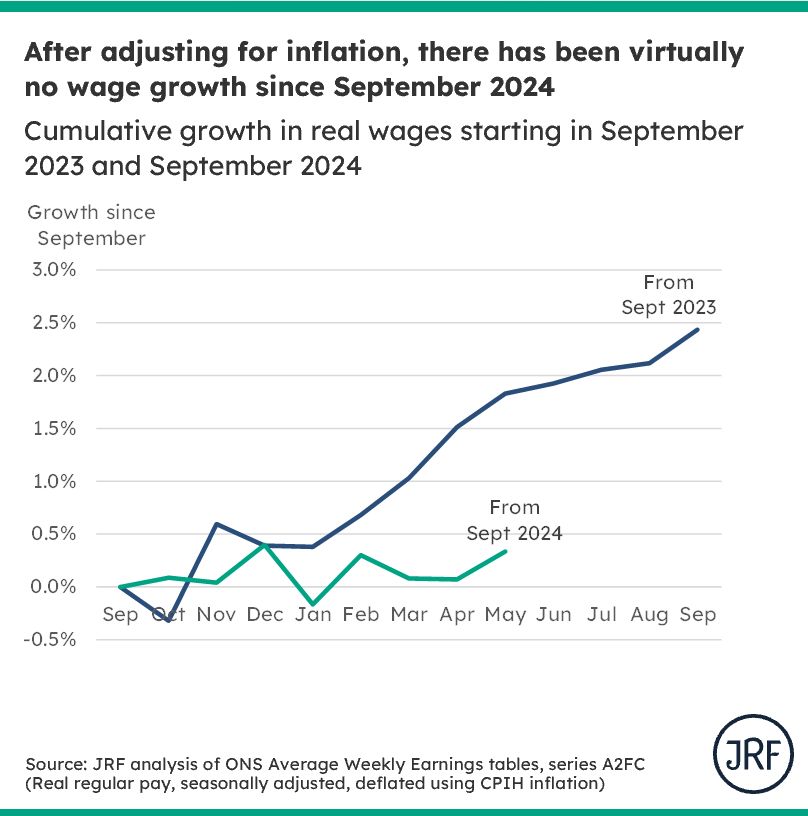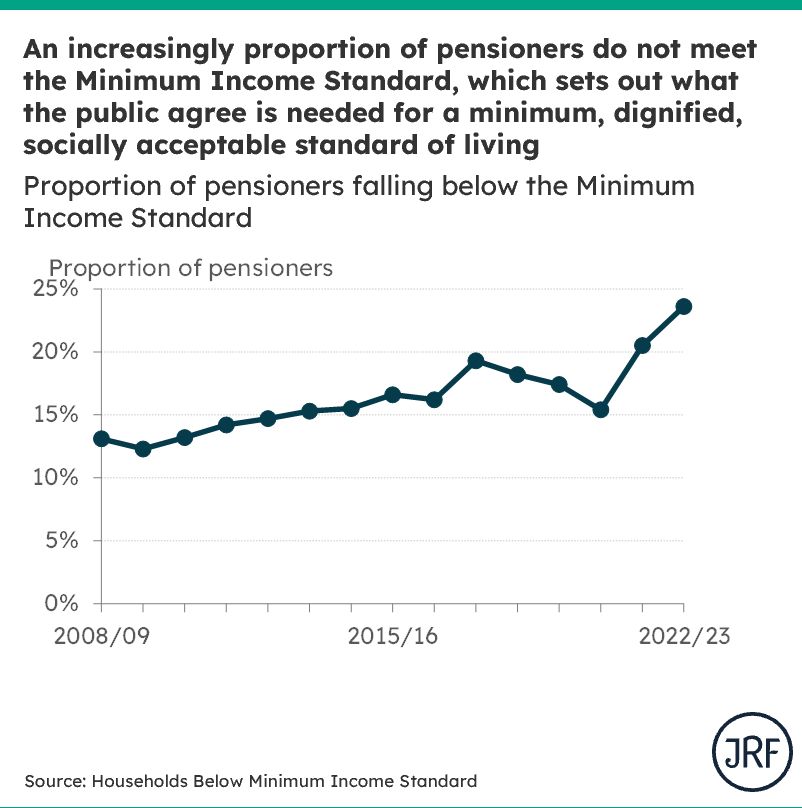Peter Matejic
@statspeter.bsky.social
1.4K followers
1.3K following
88 posts
Chief Analyst, Insights and Analysis, at the Joseph Rowntree Foundation working to solve UK Poverty
Posts
Media
Videos
Starter Packs
Peter Matejic
@statspeter.bsky.social
· Aug 14
Peter Matejic
@statspeter.bsky.social
· Aug 14
Peter Matejic
@statspeter.bsky.social
· Aug 6
Peter Matejic
@statspeter.bsky.social
· Aug 6
Peter Matejic
@statspeter.bsky.social
· Aug 6
Peter Matejic
@statspeter.bsky.social
· Jul 25
Peter Matejic
@statspeter.bsky.social
· Jul 25
Peter Matejic
@statspeter.bsky.social
· Jul 25

A Minimum Income Standard for the United Kingdom in 2024
The Minimum Income Standard provides a vision of the living standards that we, as a society, agree everyone in the UK should be able to achieve. This report sets out what households need to reach it i...
www.jrf.org.uk
Peter Matejic
@statspeter.bsky.social
· Jul 25

Starmer's missed milestone? The outlook for living standards at the Spring Statement
While on average all families are forecast to see a fall in living standards this Government, families on the lowest incomes are set to bear the brunt of the pain.
www.jrf.org.uk
Peter Matejic
@statspeter.bsky.social
· Jul 25
Peter Matejic
@statspeter.bsky.social
· Jul 24

Pensioner Poverty: challenges and mitigations - Committees - UK Parliament
Are pension age benefits and the State Pension enough to stop pensioners from falling into poverty? We are looking at the state of pensioner poverty in the UK. Which groups are most affected? Wh...
committees.parliament.uk
Peter Matejic
@statspeter.bsky.social
· Jul 24
Peter Matejic
@statspeter.bsky.social
· Jul 24






